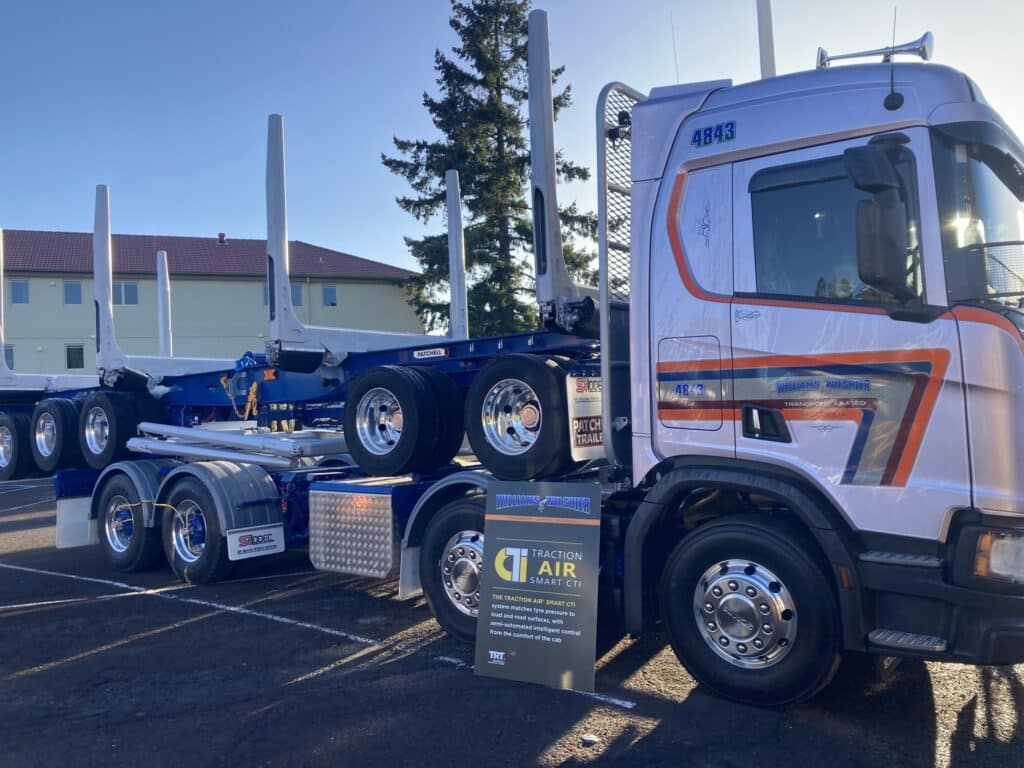
How Truck Servicing in New Zealand Extends Vehicle Lifespan
Why Regular Truck Servicing Matters in New Zealand
Neglecting regular truck servicing can lead to severe consequences, both in terms of safety and financial impact. Small, unnoticed mechanical issues can quickly escalate into costly repairs or even total engine failure. Trucks that operate under heavy loads and for long distances are especially vulnerable to breakdowns when servicing is ignored.
A simple oil change or brake inspection could prevent a much more expensive repair down the line. Additionally, neglected trucks pose a higher safety risk, not just to the driver but to other road users. Failing to maintain crucial components like brakes, tires, and suspension can lead to accidents, increased downtime, and even legal repercussions if an unroadworthy vehicle causes harm. Ultimately, the cost of regular servicing is a small price to pay compared to the financial burden of emergency repairs and replacement parts.
How Routine Maintenance Reduces Wear and Tear
Routine truck servicing plays a vital role in minimising wear and tear on essential components. Trucks in New Zealand endure varying terrains, from urban motorways to rugged rural roads, making them susceptible to increased strain. Regular servicing ensures that moving parts are properly lubricated, filters are clean, and fluids are topped up, reducing internal friction and mechanical stress.
By addressing minor issues promptly, servicing prevents further deterioration that can shorten the vehicle’s lifespan. Additionally, professional servicing involves comprehensive inspections that can detect early signs of damage, allowing proactive measures to be taken before serious problems arise. Consistently maintaining a truck not only ensures smoother operation but also keeps repair costs predictable and manageable.
Extending Engine Life Through Scheduled Servicing
The engine is the heart of any truck, and keeping it in optimal condition is crucial for longevity. Scheduled servicing focuses heavily on maintaining engine health by changing oil, replacing air and fuel filters, checking coolant levels, and inspecting the overall condition of components such as belts and hoses.
Trucks operating under heavy loads or long distances are particularly prone to engine strain, making routine servicing essential. Clean oil prevents sludge buildup, ensuring the engine runs smoothly, while timely filter replacements improve fuel efficiency and reduce harmful deposits.
Ignoring engine servicing can lead to overheating, loss of power, and even catastrophic failure. Regular check-ups help truck owners detect issues like leaks, unusual noises, or declining performance early on, allowing timely intervention to prolong engine life.

Key Truck Components That Require Regular Servicing
Engine Health – The Heart of Long-Term Performance
An engine that receives proper servicing operates more efficiently, consumes less fuel, and lasts significantly longer. Regular oil changes are vital in preventing the accumulation of debris and sludge that can cause excessive wear. Filters, including air, fuel, and oil filters, need to be replaced as they become clogged over time.
Servicing also involves checking engine mounts, spark plugs (for petrol trucks), and cooling systems to prevent overheating. Since an engine is the most expensive part of a truck to repair or replace, proactive maintenance ensures that it remains in peak condition for as long as possible.
Brake System Checks – Preventing Costly Repairs and Accidents
Brake failure is one of the most dangerous situations a truck driver can encounter. Due to the size and weight of trucks, stopping distances are significantly longer, making brake efficiency critical. Regular servicing ensures that brake pads, rotors, and hydraulic systems are in good working order.
Mechanics check for wear, replace brake fluid, and adjust brake components as needed. Neglecting brake servicing can lead to reduced stopping power, overheating, and brake fade, increasing the risk of accidents. Properly maintained brakes enhance safety, reduce wear on other parts of the truck, and prevent costly emergency repairs.
Transmission Servicing – Keeping Your Truck Running Smoothly
A truck’s transmission is responsible for transferring power from the engine to the wheels, and its health directly impacts performance and fuel efficiency. Transmission servicing involves checking fluid levels, replacing worn-out fluid, inspecting the clutch (for manual transmissions), and ensuring gears shift smoothly.
Dirty or low transmission fluid can cause overheating and lead to transmission failure. Regular servicing prevents slipping gears, delays in acceleration, and grinding noises that indicate underlying problems. Addressing transmission issues early can prevent expensive replacements and keep trucks running efficiently.
Suspension and Steering – Why They Matter for Longevity
New Zealand’s varied road conditions, from city streets to rugged backroads, put significant strain on a truck’s suspension and steering systems. Regular servicing ensures that shocks, struts, and control arms remain in good condition. Worn-out suspension components not only compromise ride comfort but also accelerate tire wear and decrease fuel efficiency.
Steering inspections check for alignment issues, worn tie rods, and fluid leaks, which can lead to handling difficulties if ignored. A well-maintained suspension system absorbs road impacts more effectively, reducing strain on other truck components.
Tire Maintenance and Alignment – Maximising Safety and Lifespan
Tires are the only point of contact between a truck and the road, making their maintenance critical. Regular servicing includes checking tire pressure, rotating tires to ensure even wear, and inspecting tread depth to maintain grip. Misaligned wheels can cause uneven tire wear, reducing fuel efficiency and making the truck harder to control.
Servicing also ensures that tire balancing is maintained, reducing vibrations that could damage other vehicle components. Properly maintained tires not only enhance safety but also extend their lifespan, reducing overall operating costs.
How New Zealand’s Unique Conditions Impact Truck Servicing
Harsh Weather and Road Conditions – How They Accelerate Wear
New Zealand experiences diverse weather conditions, from intense summer heat to heavy winter rains. Extreme temperatures can cause engine overheating, while wet roads accelerate brake and tire wear.
Trucks operating in these conditions require more frequent servicing to counteract the increased wear and tear. Additionally, unsealed and winding roads in rural areas put extra strain on suspension systems and tires, making regular servicing even more critical for long-term vehicle health.
The Effect of Long-Haul vs. Urban Driving on Servicing Needs
Trucks that operate over long distances accumulate mileage quickly, requiring more frequent servicing compared to urban trucks. Long-haul driving exposes trucks to extended engine strain, increasing the likelihood of oil degradation and component fatigue. Urban driving, on the other hand, involves frequent stops and starts, which can lead to faster brake wear and transmission strain. Understanding these differences allows truck owners to tailor servicing schedules based on their vehicle’s primary use, ensuring optimal maintenance.
Coastal and Rural Areas – Extra Maintenance Considerations
Trucks operating in coastal regions face increased exposure to salt, which accelerates rust and corrosion. Regular servicing includes checking for early signs of rust, applying protective coatings, and cleaning undercarriages. Rural areas with gravel roads also pose challenges, as dust and debris can clog air filters and increase suspension wear. Proactive servicing ensures that trucks in these environments remain in peak condition despite the challenging conditions.
Keep Your Truck Running Longer with Regular Servicing
Regular servicing saves money, prevents breakdowns, and keeps your truck running efficiently. A well-maintained truck lasts longer, performs better, and avoids costly repairs. Whether you own one truck or a fleet, prioritising maintenance reduces downtime and ensures safety compliance.



